Manchester United’s 1-3 defeat to Brentford in Premier League matchweek 6 has done more than dent their league position. It has reignited turmoil within the squad. Summer signing Matheus Cunha openly admitted he was “deeply disappointed,” questioning both the tactical setup and the mentality of the Red Devils under Ruben Amorim.
A Nightmare September for Manchester United

The closing days of September have been nothing short of a nightmare for Manchester United fans. What should have been a chance to reset after an inconsistent start turned into a brutal exposure of flaws. Against Brentford, a mid-table opponent not considered a heavyweight, Ruben Amorim’s side collapsed in a 1-3 defeat.
For supporters, the loss was bitter. For the players inside the Old Trafford dressing room, it was far worse. Cunha, signed to bring dynamism and attacking verve, could no longer hide his frustration. After the game, the Brazilian forward did not sugarcoat his words: “The atmosphere in the dressing room is really bad. To be honest, it feels awful.”
This rare moment of candor peeled back the curtain on a crisis that had been bubbling for weeks.
Dressing Room Tension Boils Over
It isn’t just fans doubting the team’s trajectory; players themselves are losing faith. According to reports from Manchester Evening News, Cunha is one of the most vocal about his dissatisfaction. He believes several teammates lack the required fighting spirit, while Amorim’s tactical approach has been inconsistent and ineffective.
The atmosphere was already tense after a poor run of early results, but the Brentford loss made things worse. Other new arrivals, like Benjamin Šeško, are also said to be unhappy, though not as openly critical as Cunha. For a club historically built on unity, discipline, and resilience, this fragmentation signals an alarming decline.
Ruben Amorim Under Immense Pressure

When United appointed Ruben Amorim, the expectation was a bold revolution. His philosophy at Sporting Lisbon—high pressing, rapid ball circulation, and strict tactical discipline—won admirers across Europe. But at Premier League level, against deeper squads and more battle-hardened managers, the flaws in his plan have been ruthlessly exposed.
Brentford handed United their third loss in just six games. For a club aiming to fight for the title, sitting in the bottom half of the table is catastrophic. Worse still, Amorim has yet to find a reliable formula. The attack wastes chances, the midfield struggles to control games, and the defense is plagued with fundamental errors.
Doubts are no longer confined to media chatter or fan frustrations. When a new signing like Cunha goes public with criticism, it suggests that confidence in Amorim’s leadership is evaporating. In United’s history, managerial reigns have often collapsed not on the pitch, but in the dressing room—Ole Gunnar Solskjaer and Ralf Rangnick being prime examples.
Matheus Cunha: High Hopes, Harsh Reality
Cunha’s arrival at Old Trafford this summer was accompanied by lofty expectations. Signed for a significant fee, he was supposed to inject pace, flair, and aggression into the attack. His performances at Wolverhampton Wanderers had shown flashes of brilliance, earning him the reputation of a forward capable of unsettling defenses with speed and strength.
Yet in a United shirt, those qualities have been blunted. Instead of being used in his preferred role as a second striker with freedom to roam, Cunha often finds himself shackled in rigid tactical schemes. Against Brentford, despite United dominating possession, he was isolated, barely involved in meaningful build-up play.
For a player hungry to prove himself, fading into anonymity is unbearable. His post-match comments reflected frustration not just with results, but with being misused in a system lacking creativity. The disappointment cuts deeper because the hopes pinned on him were so high.
A Divided Dressing Room: Long-Term Danger

Football at the highest level is as much about psychology as tactics. A team with belief and unity can overcome flaws; a fractured squad, however, collapses even under favorable conditions. Right now, United are veering toward the latter.
Cunha’s willingness to speak publicly is telling. Typically, when one player breaks the silence, others privately share the sentiment. Unless addressed swiftly, discontent spreads like wildfire. Premier League history is littered with examples of managers losing their jobs not solely for bad results, but for losing the dressing room.
At Old Trafford, the specter of revolt looms again.
Manchester United’s Dire Standing
Three defeats in six games leave Manchester United languishing in the bottom half of the Premier League table. It is their worst start in years, highlighting the widening gulf between them and genuine title contenders like Manchester City, Arsenal, and Liverpool.
But the real crisis isn’t the league position—it’s the identity. Manchester United were once synonymous with thrilling, attacking football. Under Amorim, the Red Devils have been stale, passive, and too easily outplayed in key moments. Fans are not just lamenting defeats; they are questioning the very soul of the team.
The club’s board faces a dilemma. They hired Amorim to launch a long-term project, to break away from the cycle of short-term fixes. But can they maintain that faith if results worsen and player morale plummets?

Cunha’s Words as a Wake-Up Call
In modern football, outspoken players are not unusual. Yet at Manchester United—a club that prides itself on tradition, discipline, and unity—Cunha’s remarks carry weight. They represent not just individual discontent but a collective mood shift.
His message is simple: Manchester United must improve, both in mentality and style. Otherwise, this season risks unraveling before it has even properly begun.
Can Amorim Turn It Around?
The question now facing Amorim is whether he can adapt. At Sporting Lisbon, his system worked because he had time, authority, and buy-in from players. At United, the stakes are higher and patience shorter. He must not only refine tactics but also rebuild trust within the squad.
Cunha’s critique is a warning sign. Unless Amorim acknowledges the concerns of his players, he risks alienating those meant to execute his vision on the pitch. It is a delicate balancing act: sticking to principles while showing enough flexibility to get results quickly.
Conclusion: A Season at the Crossroads
Manchester United’s defeat to Brentford wasn’t just another bad day at the office. It was a flashing red alarm for a club already walking a fine line between revival and relapse.
Matheus Cunha’s candid outburst crystallized what many fans and insiders feared: the project under Ruben Amorim is faltering, and the dressing room is no longer united. Unless swift changes are made—in tactics, man-management, and mentality—the Red Devils risk spiraling into yet another managerial crisis.
For United supporters, hope remains that this is merely a rough patch. But history suggests otherwise. When the dressing room fractures, seasons unravel quickly. Cunha has sounded the alarm; whether Amorim and Manchester United heed it will define not just this campaign, but possibly the future of the club’s entire rebuild.

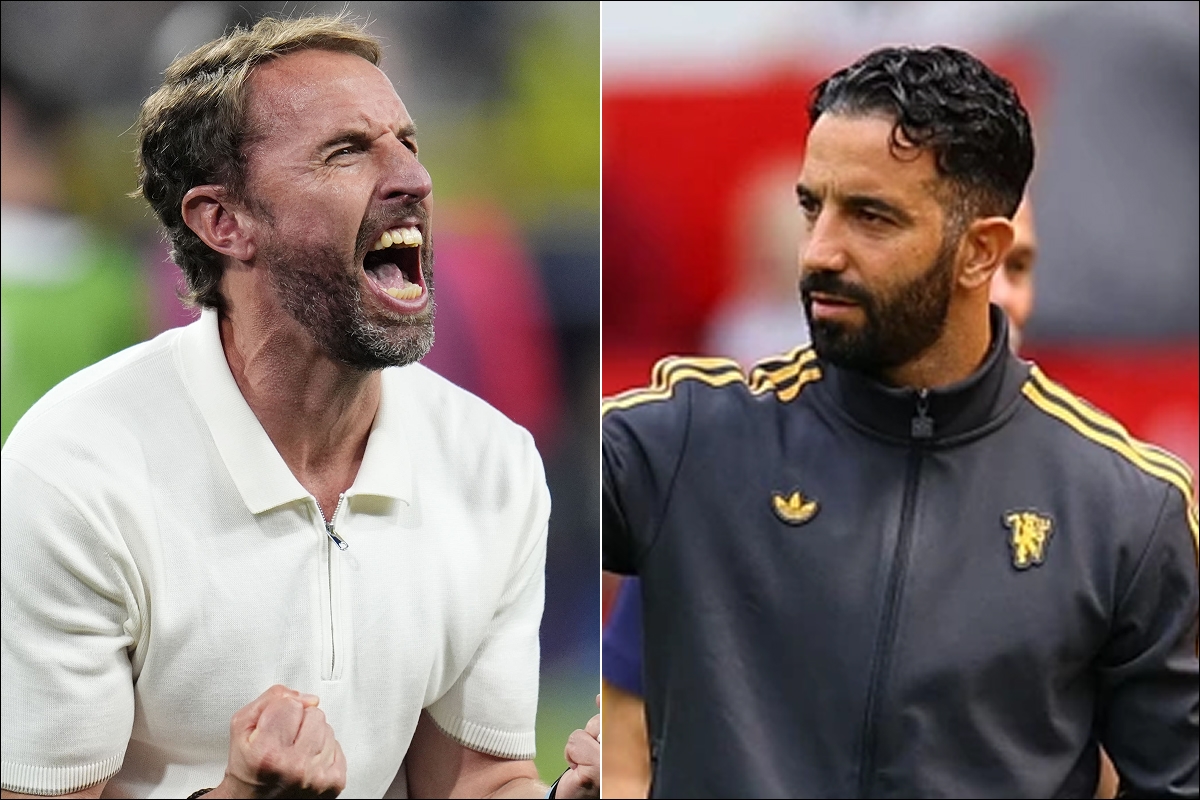

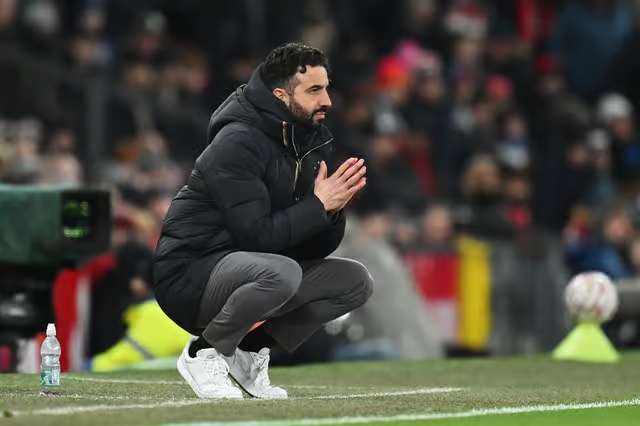
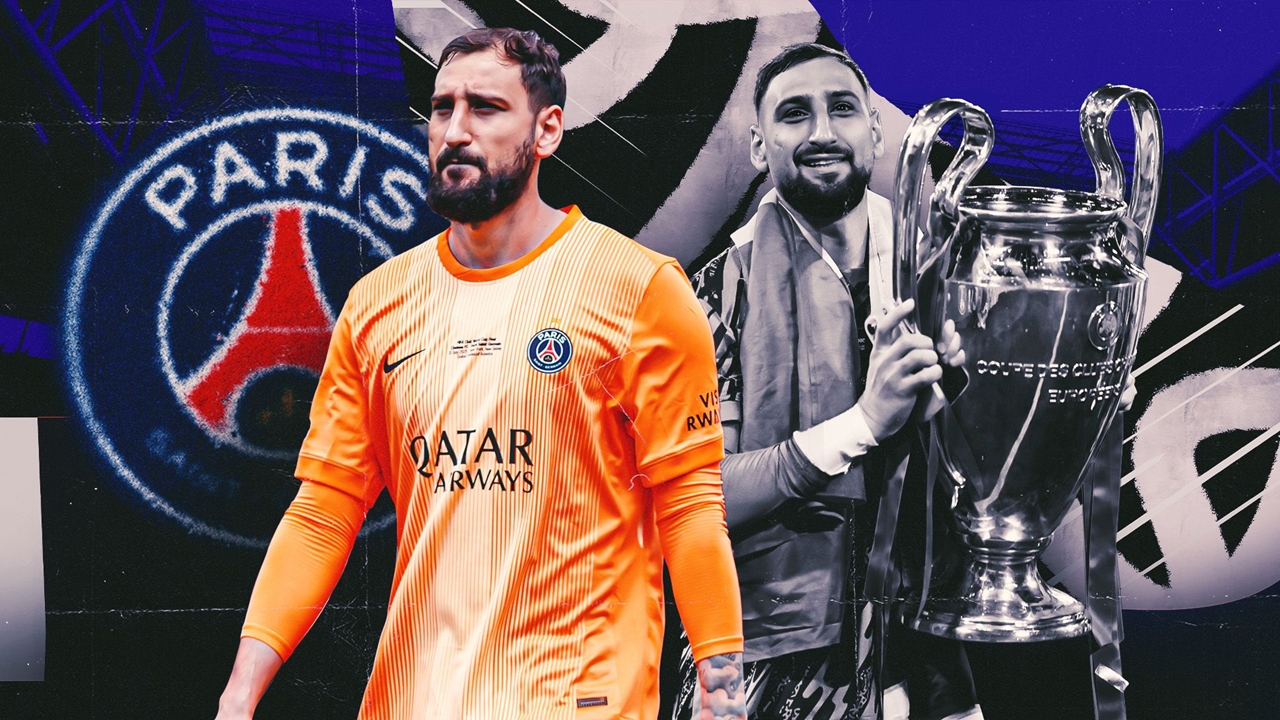
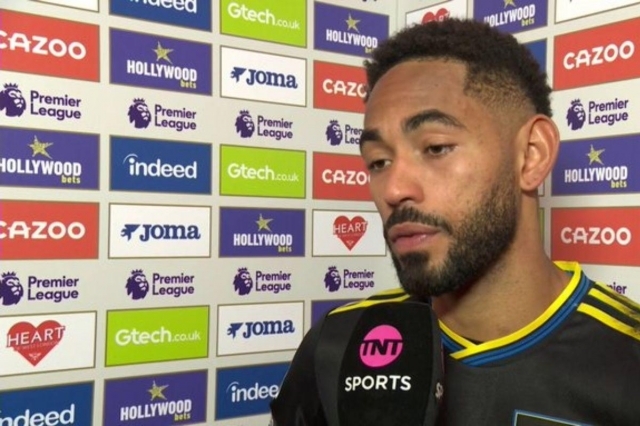
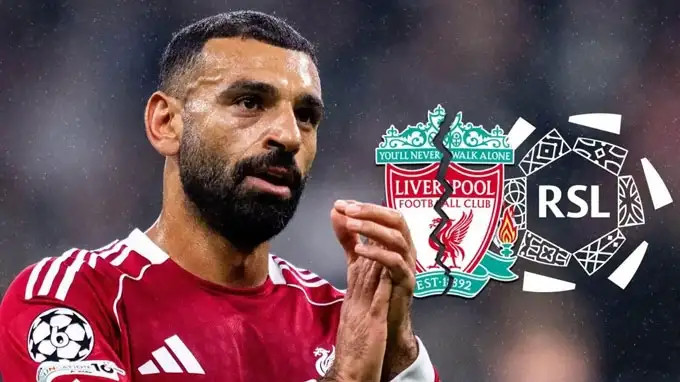
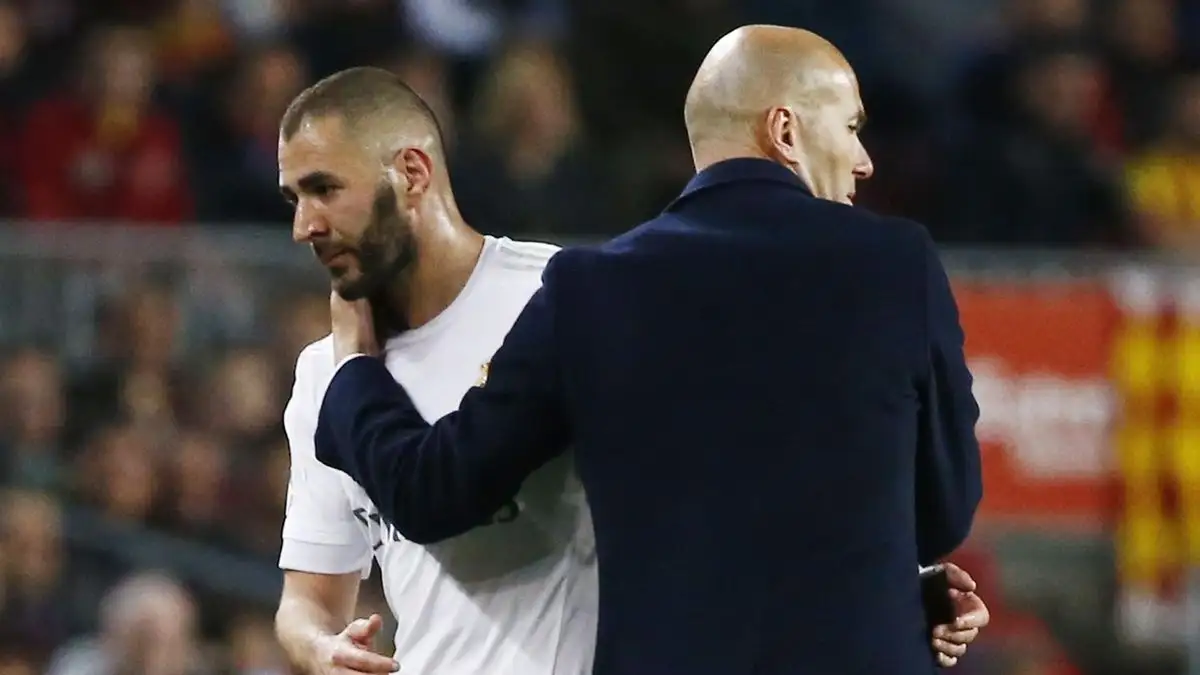





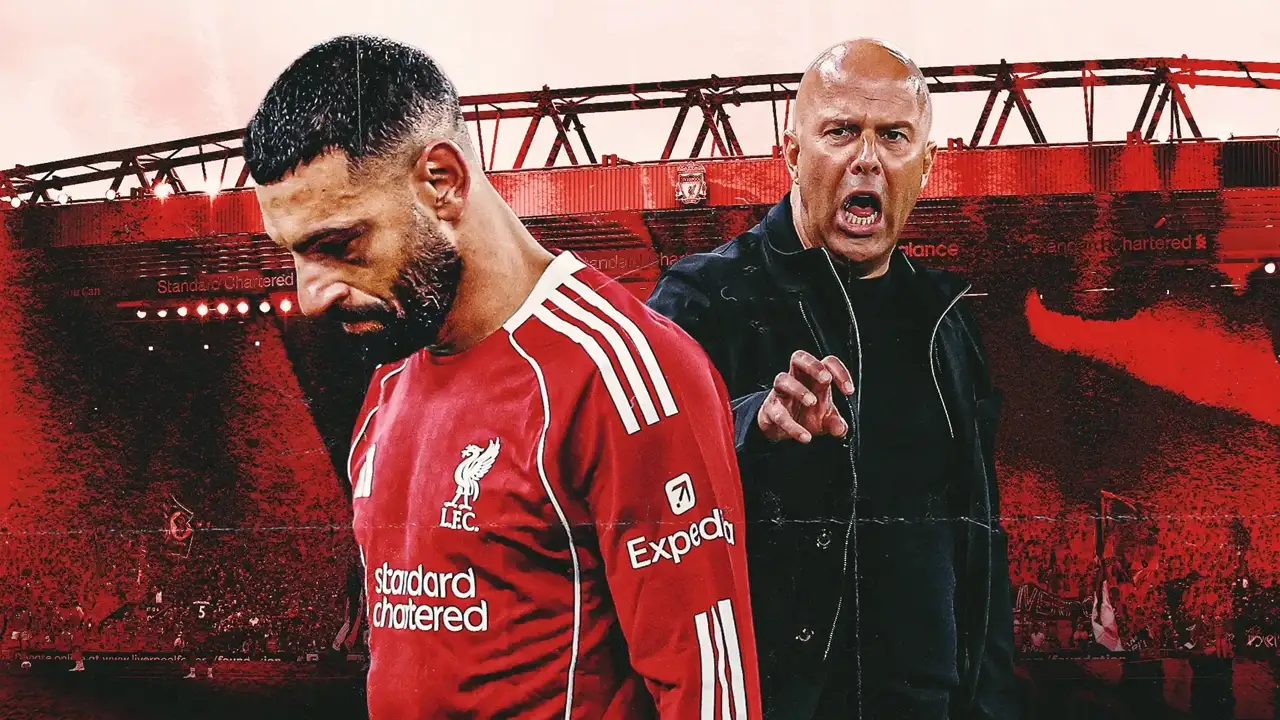

Leave a Reply